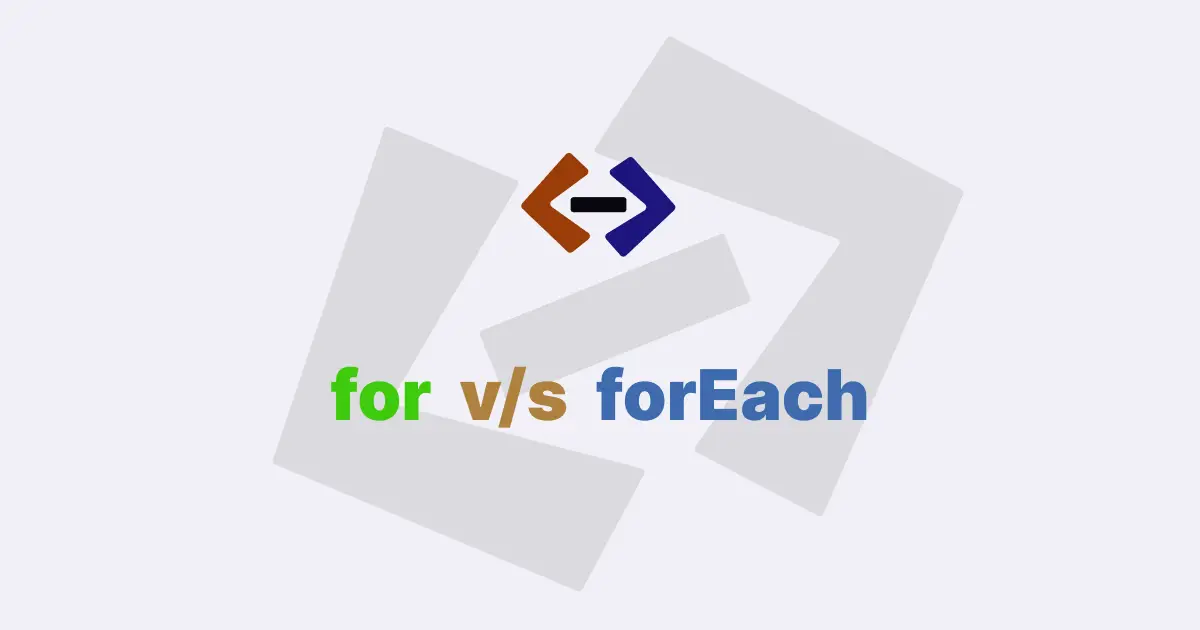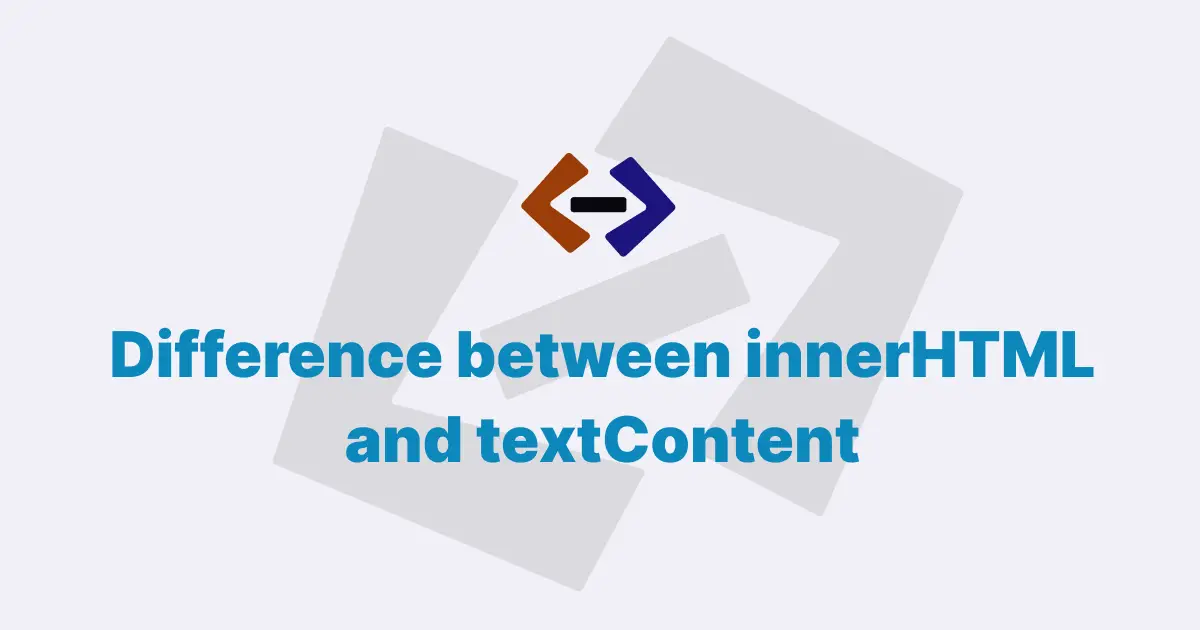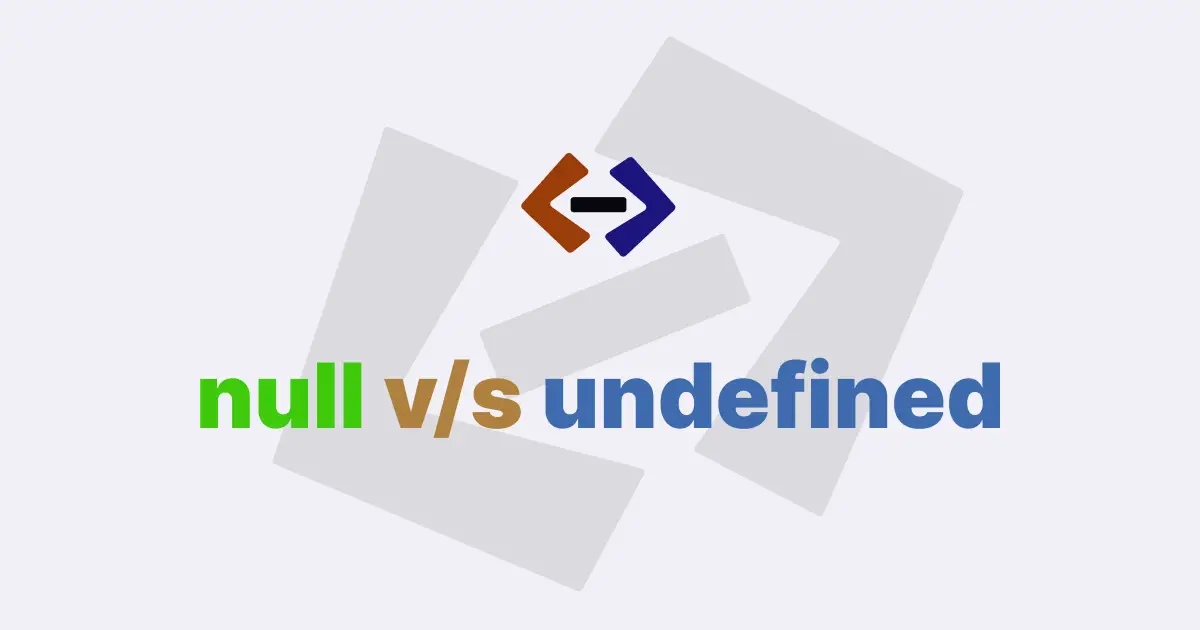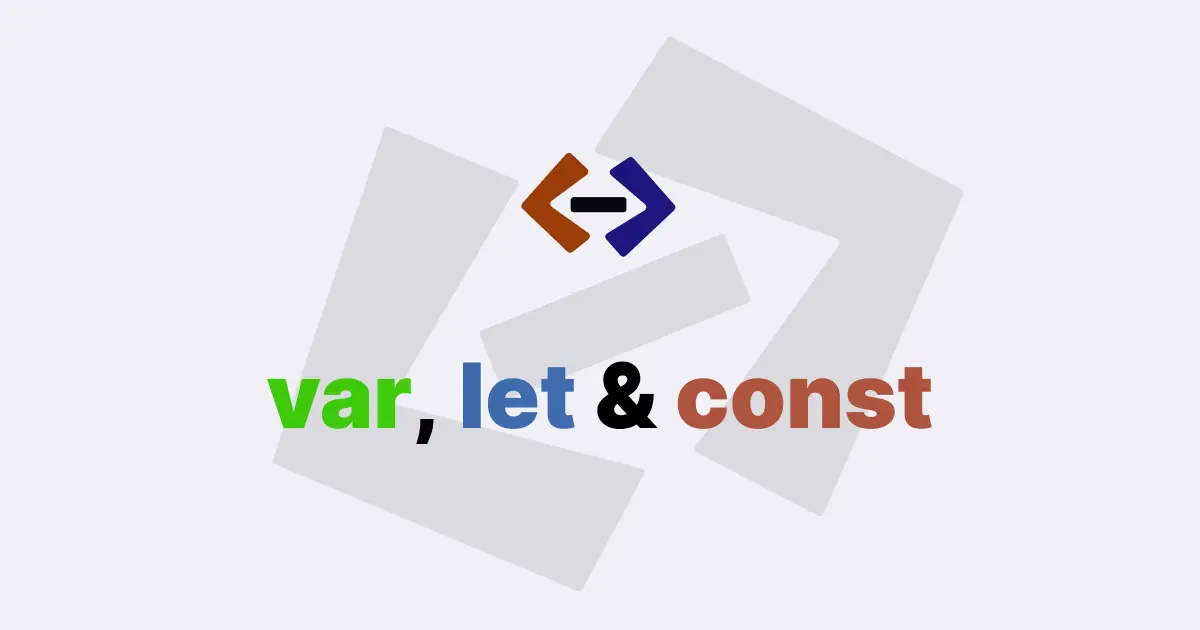In JavaScript, functions are blocks of code that perform specific tasks or operations. They can be used to make your code more organized and reusable.
There are two main ways to create functions in JavaScript: function declarations and function expressions.
Function Declaration
A function declaration is a way of defining a function by giving it a name and specifying the instructions that the function should execute.
Think of it like writing a recipe for a dish you want to make. You give it a name, and then list the steps for making it.
Function declarations are useful when you want to use the same function in different parts of your code.
Function Expression
A function expression is a way of defining a function by assigning it to a variable.
Think of it like giving a nickname to your recipe. You create the recipe, but instead of giving it a specific name, you give it a nickname that you can use later on.
Function expressions are useful when you only need to use a function once or when you want to pass it as an argument to another function.
Difference between Function declaration and Function expression
The main differences between function declarations and function expressions are:
-
Hoisting:
Function declarations are hoisted to the top of the scope, while function expressions are not hoisted.
-
Syntax:
Function declarations use the
functionkeyword followed by the function name, while function expressions assign a function to a variable. -
Order of Execution:
Function declarations can be called before they are defined, while function expressions cannot.
-
Function Name:
Function declarations have a name that can be used to call the function from anywhere in the scope, while function expressions do not have a name and can only be called from within the variable they are assigned to.



